
A heart attack happens when blood cannot reach a part of the heart. This causes damage to the heart muscle. The main reason is a blocked artery.
This blockage usually comes from fat and cholesterol building up inside the blood vessels. If the blood flow stops, the heart cannot get enough oxygen, and part of it starts to die.
Many people think a heart attack always starts with sudden chest pain. But sometimes, it begins with mild signs like tiredness or pressure in the chest.
A heart attack is a type of heart disease.
What is heart disease? It means any condition that affects how the heart or blood vessels work. It includes:
If not treated early, heart disease can lead to serious problems, including heart failure and death.
Many people call it a “heart problem” or “heart condition.” But whatever the name, it must be taken seriously. Some believe only older people get heart disease. That is false. Even young people can have it if they smoke, eat unhealthy food, or don’t move enough.
Doctors choose the proper treatment based on the type of heart problem, how severe it is, and your overall health condition. Always consult a qualified doctor for proper diagnosis, personalised advice, and treatment.
Cardiology is the medical field that studies and treats heart problems.
A cardiologist is a doctor who:
Many people say they are “going for a heart check-up” or “seeing a heart doctor.” These usually mean visiting a cardiologist.
Some people think they need a cardiologist only after a heart attack. But this is wrong. You should see a heart doctor if you feel:
Cardiologists use simple tests like ECG, ECHO, or angiography to find out what’s wrong. They decide your treatment plan based on the test results and your health.
People need heart treatment to restore proper blood flow, protect the heart muscle, and prevent serious problems like a heart attack. Early treatment helps people live longer, feel better, and avoid major damage to their hearts.
Many people ignore small signs, thinking they are simply tiredness or gas. But heart problems grow silently, and treating them early can save lives.
The major causes include
Many people mistake heart symptoms for gas, tiredness, or a simple cough. These symptoms might be a warning sign of a heart attack. If any of the symptoms last, they must not be ignored.
Common symptoms include:
Doctors recommend heart treatment when they see signs that the heart is under strain. Fast action can prevent bigger problems.
Treatment is needed when:
Bangla Health Connect can help you connect with top heart specialists around the world easily. We guide you through every step - from choosing the right doctor to arranging travel - so you can focus on your recovery.
Eating the right food keeps your heart strong and helps prevent blockages in the blood vessels. Many patients ask what foods can improve heart health and prevent heart attacks. The answer is simple: daily healthy eating can lower your risk.
Many foods protect the heart. They help clean the blood vessels, reduce bad cholesterol, and give strength to the heart muscle.
Good foods for the heart include:
Adding these foods to daily meals can make a big difference. These foods are generally heart-healthy, but individual needs vary. Consult your doctor or dietician before making significant changes to your diet, especially if you have heart disease or take medications.
While no food can directly "remove" blockages once they are fully formed, some foods help prevent new blockages and reduce buildup.
Helpful foods include:
Eating these foods daily supports better heart health and may slow the growth of blockages. But if blockages are already severe, medical treatment is needed. No food can fully remove existing arterial blockages. These foods support heart health but cannot replace medical treatment. Always follow your doctor’s advice for managing heart disease.
Following a simple heart-healthy diet plan every day helps maintain strong heart function.
Here is a sample diet chart for patients recovering from a heart attack or living with heart disease:
Tips:
Bangla Health Connect can guide you with personalised diet advice when you travel abroad for treatment. A small change in food habits can make a big difference to your heart's health. This sample diet chart is for general guidance only. Always consult a certified dietician or your doctor.
.png)
Through Bangla Health Connect, Bangladeshi patients can access leading hospitals across India, Thailand, and other countries that are globally recognised for excellence in cardiac care. Many families travel abroad for treatment because of the advanced expertise, cutting-edge technology, and reliable outcomes offered by these hospitals.
Here’s why Bangladeshi patients choose heart treatment with Bangla Health Connect:
Bangla Health Connect offers Bangladeshi patients a reliable pathway to expert cardiologists, affordable treatment, and trusted international care.
Bangla Health Connect connects patients with leading hospitals worldwide. These centres are recognised for their excellence in cardiac care, the use of advanced surgical and non-surgical procedures, and specialised support tailored for international patients.

.jpg)

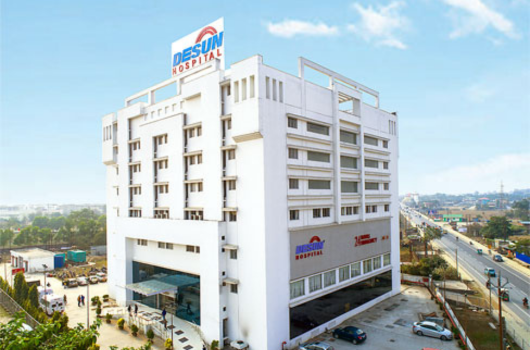
.png)
.png)

.jpg)
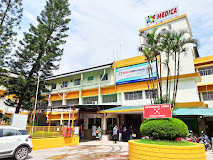
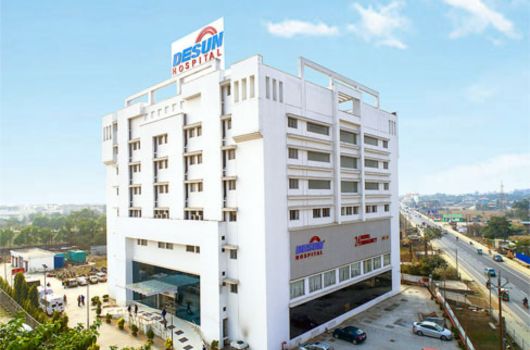
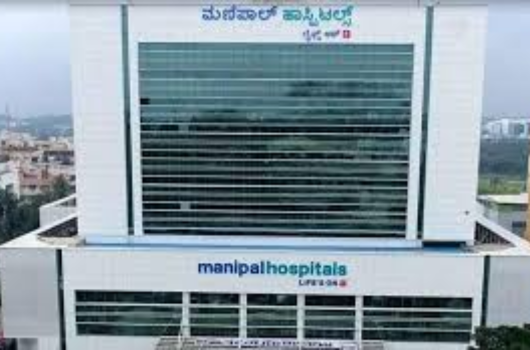

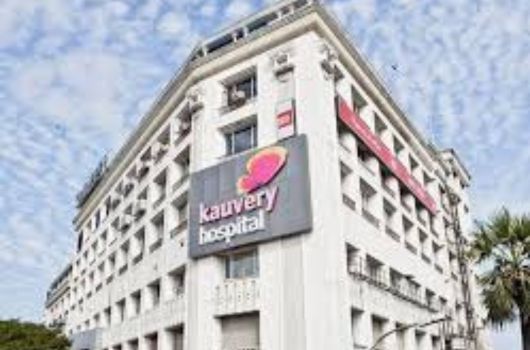

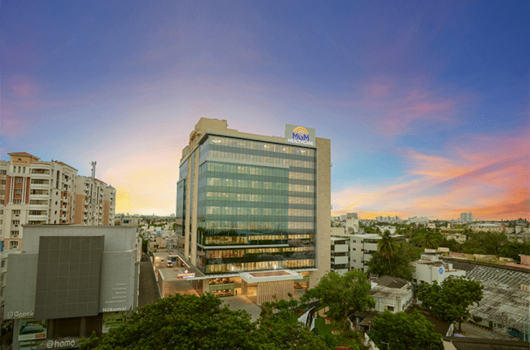


.png)
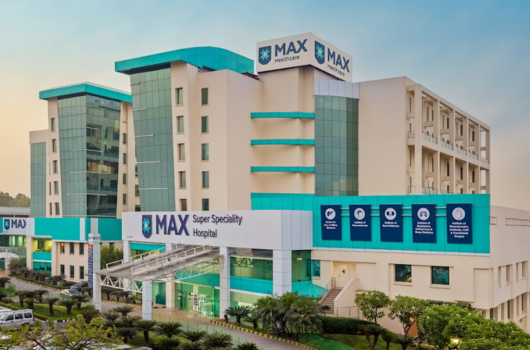
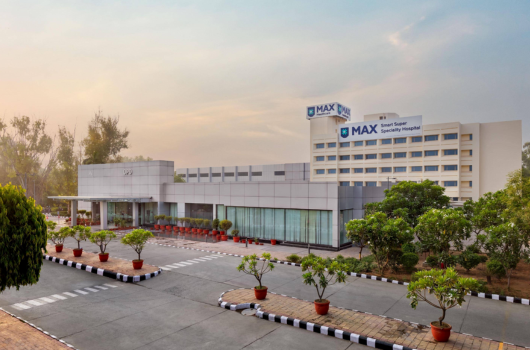
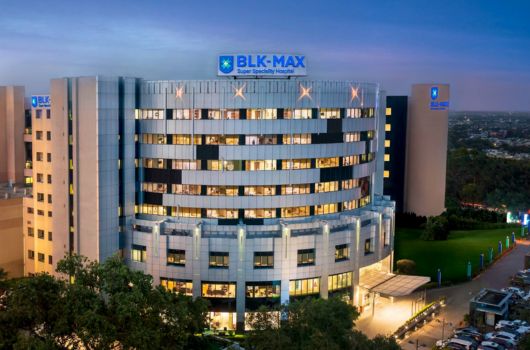
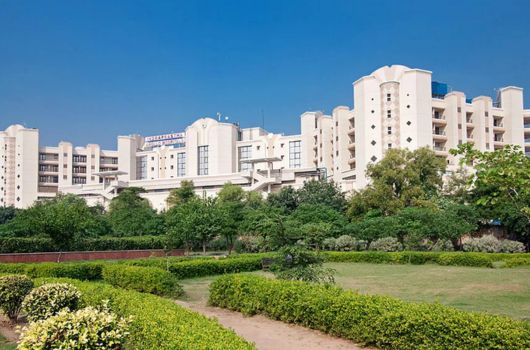


.jpg)


These hospitals follow global treatment guidelines and provide full support for Bangladeshi patients through Bangla Health Connect.
The average cost of common heart treatments ranges from $4000 to $6,800 in India and $17,000 to $25,000 in Thailand. Treatment costs depend on the type of heart problem, the hospital, and the patient's health condition. The final cost may vary based on multiple factors such as the treatment method, hospital location, and type of disease. Before viewing the detailed table of treatment-wise costs, it's helpful to understand what influences these expenses most.
Getting early treatment can save money and avoid more serious problems later.
Some newborns are born with heart defects, like holes in the heart or blocked arteries. Treating these early gives the child a better chance for a healthy life.
Factors that affect cost:
Note: India is well known for offering cost-effective advanced treatment. Hospitals combine affordability with strong clinical outcomes, supported by skilled experts and the widespread availability of generic medicines.
Note: Thailand’s hospitals are often promoted as premium destinations for international patients. Their higher costs reflect the use of advanced imported medicines, luxury infrastructure, and all-inclusive patient care packages.
The costs listed are approximate and may vary based on hospital, location, and patient needs. Consult the healthcare provider for accurate and updated information.
The currency conversion rates in the table above are based on data from October 2025.
For more help on cost estimates and personalised guidance, contact Bangla Health Connect.
Success in heart treatment mostly depends on how early the problem is diagnosed and how quickly treatment begins.
Treating heart disease early offers the best chance of living longer and better.
Success in heart treatment does not always mean a complete cure. It can mean:
The goal is to protect the heart and improve the quality of life.
Top hospitals focus on accurate diagnosis, advanced treatment, and holistic care for heart patients. Their approach includes:
This combination of advanced technology, specialist expertise, and patient-centred care has greatly improved outcomes and quality of life for heart patients.

Dr Tamiruddin Danwade, Consultant Cardiology, Apollo Hospitals, Navi Mumbai, shares insights on the treatment modalities of heart failures.
He says that the treatment of heart failure is divided into acute and chronic phases. In acute heart failure, hospitalisation is required along with IV medications, oxygen therapy, ventilatory support, and in some cases, dialysis. Chronic heart failure is managed with oral medications. If patients are not stabilised with these methods, device-based therapies such as ICDs or CRTs may be recommended, with 70–80% of patients achieving stability. For advanced heart failure, options like artificial hearts, LV assist devices, or cardiac transplantation are offered. At Apollo Hospitals Navi Mumbai, a complete spectrum of care is provided by a specialised team of cardiologists and cardiac surgeons.

Mr. Mohammed Abdur Rab, a patient from Bangladesh, recently visited Apollo Hospital, Bannerghatta Road, Bangalore, seeking heart treatment. Under the expert guidance of Dr. Girish Navasundi, the patient successfully underwent an angiogram. The procedure went smoothly, leading to significant improvement in the patient's condition. Thanks to the advanced care and professional expertise offered at Apollo, the patient is now steadily recovering. This positive outcome highlights Apollo Hospital’s commitment to delivering world-class cardiac care to international patients.
Bangla Health Connect makes it easier and safer for Bangladeshi patients to get heart treatment. We guide you through every step - from choosing the right hospital to coming back home after care.
Here’s how we help:
Choosing Bangla Health Connect means better care, faster access, and full support during a difficult time. Reach out to Bangla Health Connect to start your treatment journey with peace of mind.
Note: Bangla Health Connect does not provide medical advice of any kind.
✅ Share Your Reports - Bangla Health Connect connects you with trusted hospitals worldwide.
✅ Get treatment plans from leading Hospitals worldwide
✅ Choose the one that fits you
✅ Let us handle the rest
Heart disease can show different signs depending on the type. Common symptoms include:
A heart attack is a sudden event when blood flow to the heart stops. Heart disease is a broader term. It includes many problems like blocked arteries, weak heart muscles, or irregular heartbeats. Heart disease often leads to a heart attack if not treated early.
No, serious heart blockages cannot be removed only by eating healthy foods. Heart-healthy foods like oats, nuts, and fish can prevent further blockages and support better heart function. But major blockages usually need medical treatment like angioplasty or surgery. While a healthy diet can support heart function, it cannot replace medical treatment for serious heart blockages. Always consult your doctor for proper diagnosis, advice, and treatment.
You should send any ECG, ECHO, angiography, or blood test reports if available. This helps the cardiologist understand your heart condition and suggest the right treatment plan.
Yes. Hospitals allow one or two attendants to stay with the patient during treatment. Bangla Health Connect also helps arrange stay and food options for your family during treatment.
Yes. Bangladeshi patients need a valid medical visa for treatment. Bangla Health Connect helps you get the doctor’s letter and guides you through the entire visa application process.
It depends on your condition and the treatment type. For minor procedures, 7-10 days may be enough. You may need 2-4 weeks for surgery, including recovery time.

